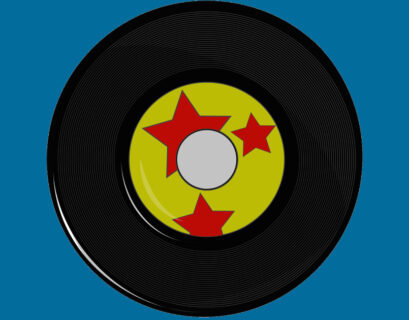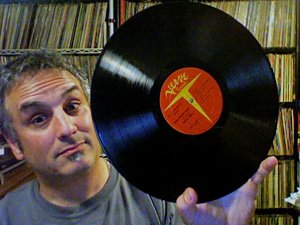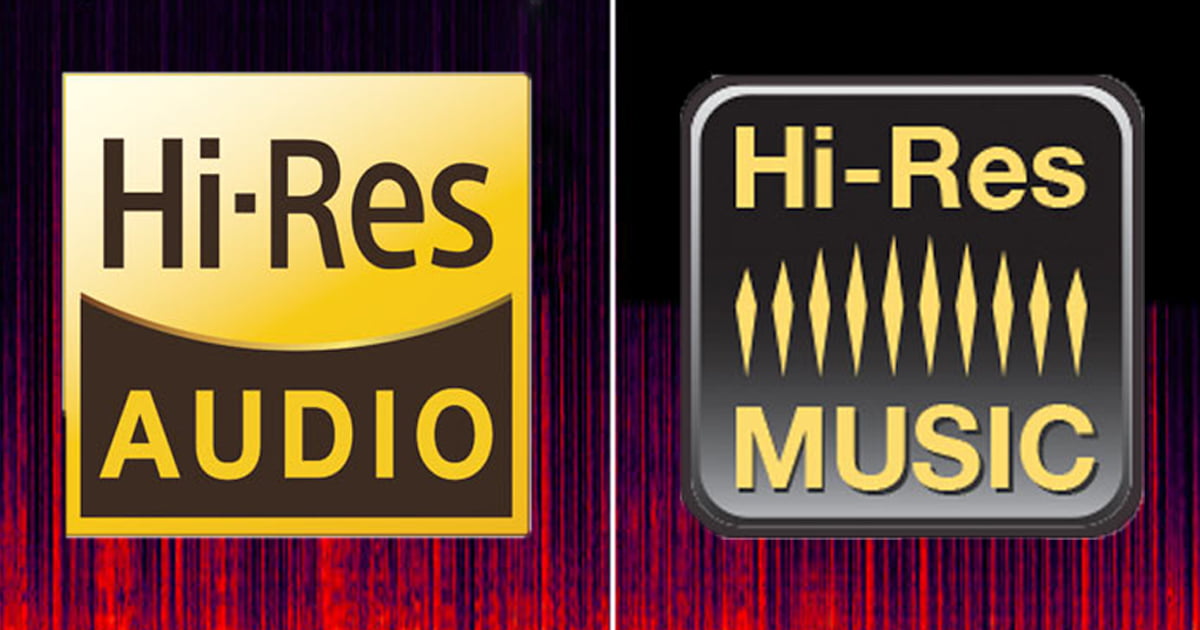It’s the time of year for saving money!
One of the reasons I first started collecting original pressings of LPs when I was but a wee lad in Junior High School was — believe it or not — audio quality. It was the mid 1970s and the oil crisis was on resulting in poorer quality vinyl for new releases. In retrospect, I suspect that the major labels were both growing and starting to feel the pinch of economic responsibility as they were evolving into corporate giants with profit incentives to meet. So, corners were increasingly cut… at least so it seemed to many of us on the front lines buying records.
Vinyl quality was often poor, records became thinner, warps more common, album graphics on older titles were compromised, sometimes with washed out printing and reduction of gatefold covers to single pocket budget line editions.
I had grown quickly frustrated by the preponderance of cruddy quality LPs I was getting even at that early period In my life. Now, it’s not like I had a big fancy uber high end stereo system or anything folks… We had some decent gear around. My older brother had a Fisher 500 receiver and Smaller Advent speakers, for example. My middle brother was busy experimenting fixing old amps he found on junk day. We also had this futuristic-looking Panasonic receiver with built in cassette recorder around for a while. Plus there was this great old idler drive Rek-o-Kut Rondine Jr. turntable he’d restored a bit (which I eventually used all through college, btw). Still, my ear was pretty keen and I could tell when something sounded good or didn’t sound right.
Add to that the thrill thrill of discovery of used record shops as well as thrift shops, garage sales and flea markets and soon I realized that I could stretch my nonexistent teenaged budget quite a bit.
Then the 1980s happened and the compact disc came along (my first CD player was a Sony CDP 110). But, guess what: I didn’t purge my vinyl! One of the first CDs I bought was Bruce Springsteen’s Born To Run and I returned it the next day — it sounded awful! A few other CD purchases made me realize we had a ways to go before the CD would truly deliver on its “perfect sound” promise — digital disc media later improved dramatically with 24-bit mastering, and expanded capacity disc formats like SACD, DVD Audio and Blu-ray).
Fast forward and here I am decades later still (happily) rooting around in thrift shops and used record stores. I am still collecting vinyl (and some CDs and surround sound Blu-rays when I can). I’m still enjoying the thrill of the hunt for the elusive rarity: from a Beatles “butcher cover” or some rare Blue Note jazz gem from J. R. Monterose (which I found at an estate sale for $2 just five years ago!).
In the 1980s and ‘90s there was a great series from Fantasy Records called “Original Jazz Classics” (commonly known among collectors as “OJC”). And while those aren’t fancy packages like the new Tone Poet and Acoustic Sounds reissues, they do re-create the original artwork/ labels and tend to be of excellent quality even though they are on standard weight vinyl. From what I have heard from industry friends, much of that series was mastered in the analog realm so there is a genuinely warm and inviting sound there.
The OJC series was a great step in the right direction for creating high quality and affordably priced reissues. I still buy those periodically especially for titles that are difficult to find out in the wilds of record hunting. I recently picked up a mint used copy of a Teddy Charles & Shorty Rogers album from 1956 on an OJC reissue for $10. On all of Discogs there are exactly one original copies of that album available (and it is $200). The last one sold on Popsike went for $141. So, I think I am ok with my OJC edition which sounds terrific.
Especially in the jazz world, the quality of reissues from the major labels have proven to be generally very good in the past couple of years. Universal Music’s Acoustic Sounds and Tone Poet series are excellent as have been many of the reissues from Concord Music’s Craft Recordings series (Prestige, Fantasy, World Pacific catalogs). The latter’s recent Chet Baker reissue series was top notch. I have been reviewing many of these here on Audiophile Review so do use our search feature to seek out those reviews if you are interested in learning more about them.
As owners of the catalogs of Verve Records, Impulse Records, Decca Records and many others, Universal has hired outside experts from the Acoustic Sounds and Tone Poet boutique reissue labels to curate the reissue series. Most of these are rare enough records that I couldn’t have even begun to even consider getting them in their original form unless I found them out in the wilds of collecting (garage sales, thrift shops, flea markets, etc.).
These new reissues are often superior to the originals – – many are pressed on 180-gram vinyl, featuring laminated covers, gatefold packaging, original label artwork and most importantly high-quality mastering and pressing, etc.
At least a couple of these reissues have eclipsed originals in my collection in terms of fidelity and almost always in terms of condition. In some instances, I am getting rid of my originals because there is simply no need for it anymore. It is a case by case thing, really. I talk about that at the end of my review of the recent Ray Charles reissue on Impulse Records (click here to read that). I have already purged my “OG” copy of The Band’s Stage Fright because the new reissue is far far superior in every way (click here for my review of that new boxed set)
My Frank Zappa collection is very interesting because the new re-issues are generally excellent, some with expanded versions of the performances, high-quality remastering, great pressing quality and original cover art and so on. Perhaps the only anomaly is that they don’t use the original label designs because those are owned by another entity… I’m OK with that because I could (and probably will) hold onto my originals of those favorite albums. However, when it comes to regular play, some of those re-issues sound at least as good if not better than my originals and will be my go-tos for basic listening.
All this raises a conundrum for me (and perhaps some of you, Dear Readers), thus inspiring this little thought piece here today here at Audiophile Review. That question is: with the record labels finally understanding what collectors want and mostly delivering on those demands, do we need to keep searching for certain original editions?
I probably couldn’t afford buying a whole a whole batch of Grant Green original Blue Notes but the reissues are certainly lovingly crafted. Each sells for about $25-$30 a piece which while not exactly “cheap” (like the $10-15 OJCs) it is also nowhere near as expensive as finding certain first pressings (especially those in great condition).
Whats a dedicated collector to do?
In this instance, I think it would be wise for all of us to be snapping up these great reissues while they last. Original pressings are elusive for a reason. Many from the 1950s especially were produced and/or sold small quantities. I suspect that distribution centered on major Jazz markets of the time (NY, LA, San Francisco, Chicago and some important secondary cities like New Orleans and Kansas City).
Many of these records were played hard, often beat up on lower quality record players and automatic changers. Many were used in party situations — if some of those albums could talk, I bet they’d have some great stories to tell!
It is really really hard to find any that are in even halfway decent shape that are fairly affordable. Now, I personally don’t mind a light scratch or two… a click here and there, a pop, crackle or occasional snap… I’ve even written about the joys of a Mono cartridge which can minimize the surface noise of certain pre-1958 Monaural records (click here for that article).
But, if I can get a pristine reissue that looks and feels like the real thing and more or less sounds like the real thing if not better – – and in many cases they do sound technically better because they’re not compressed as much — then why not just buy them, enjoy them and be done with it? It makes good sense to me.
That said, I look forward to seeing you out in your favorite record stores picking up those latest Blue Note Tone Poets, Verve Acoustic Sounds and Craft Recordings special editions.
Grab ‘em while you can!
























